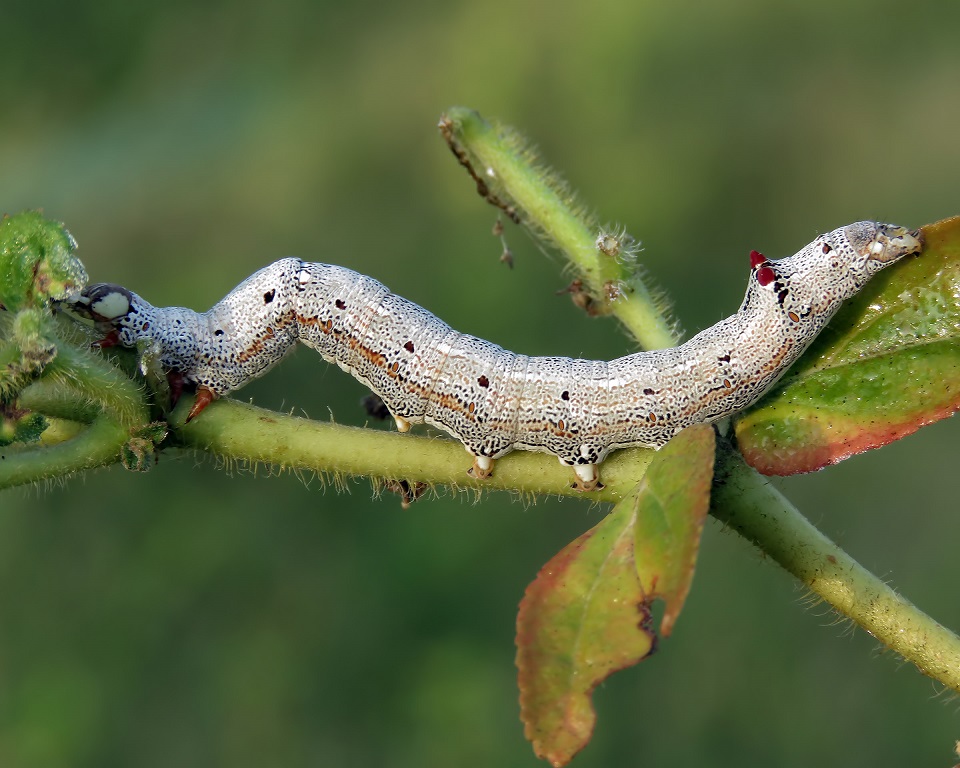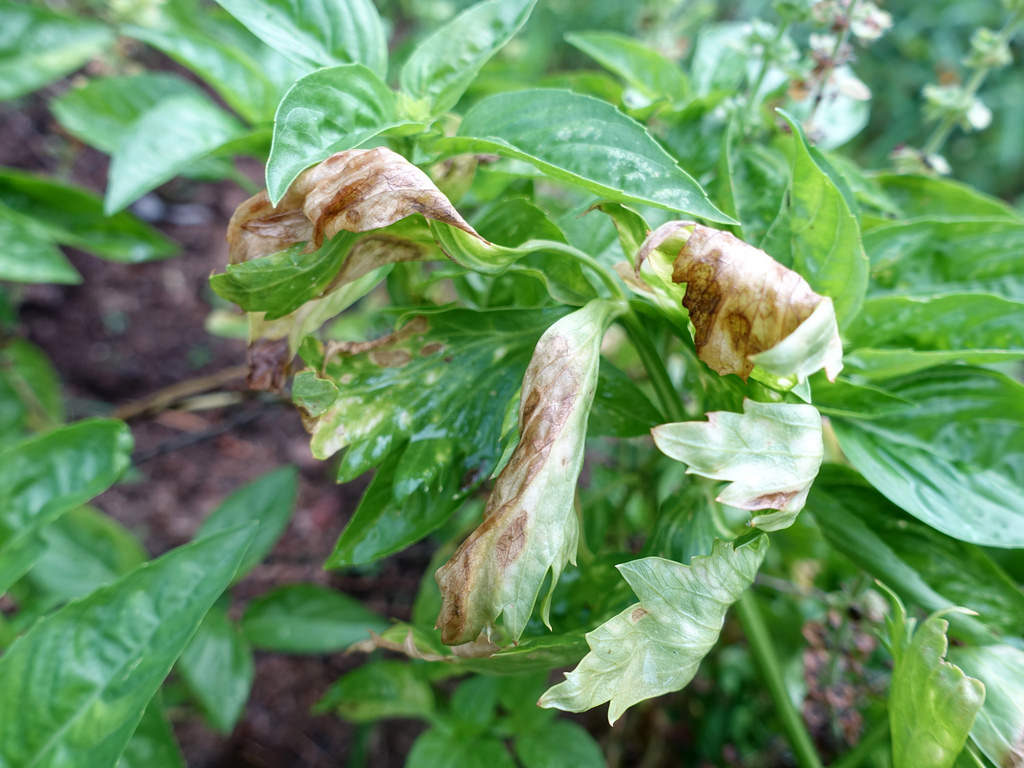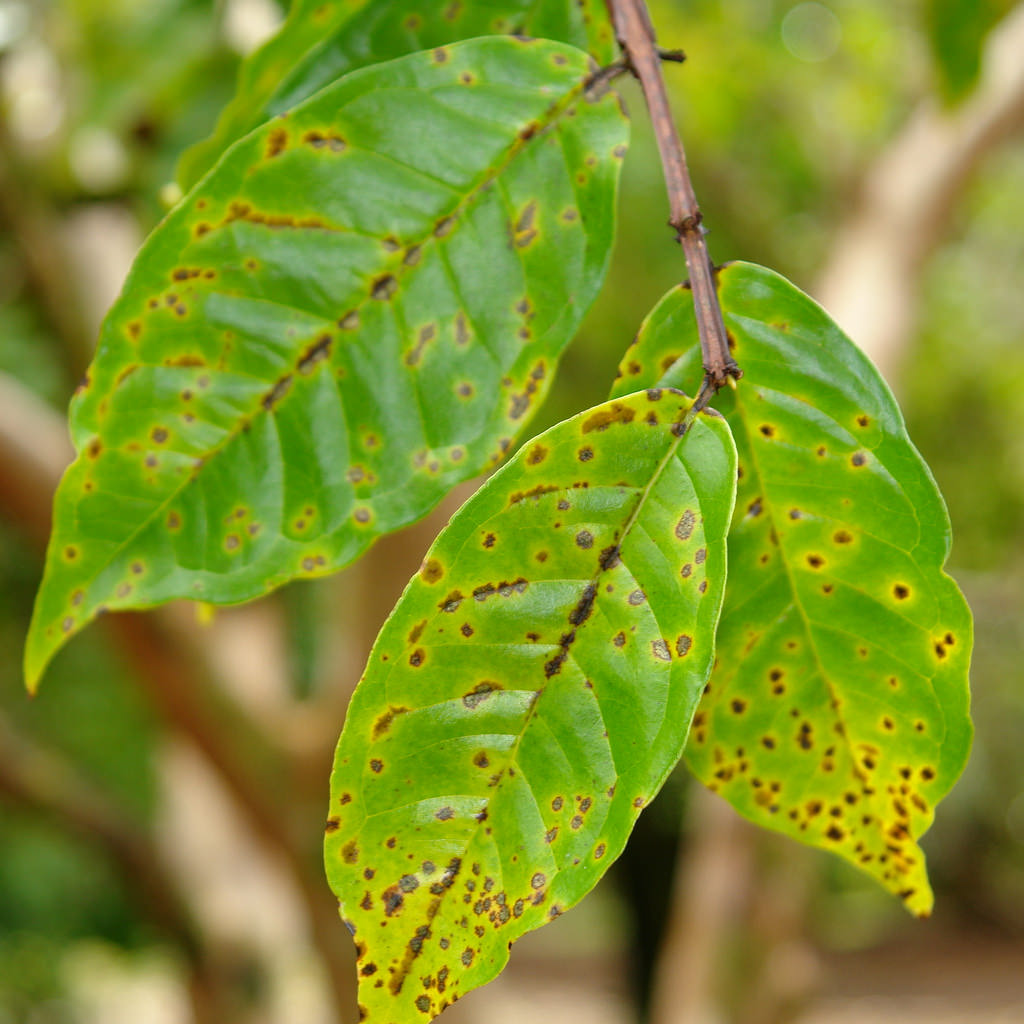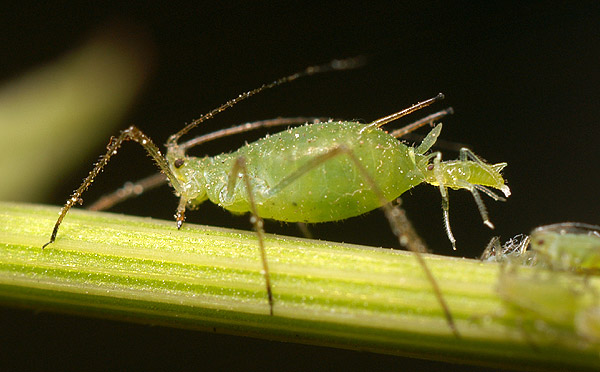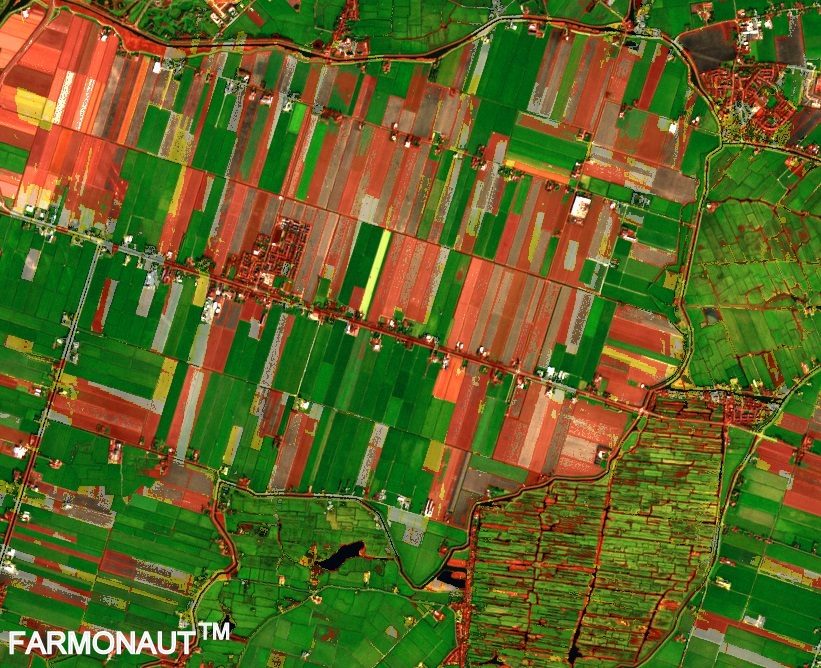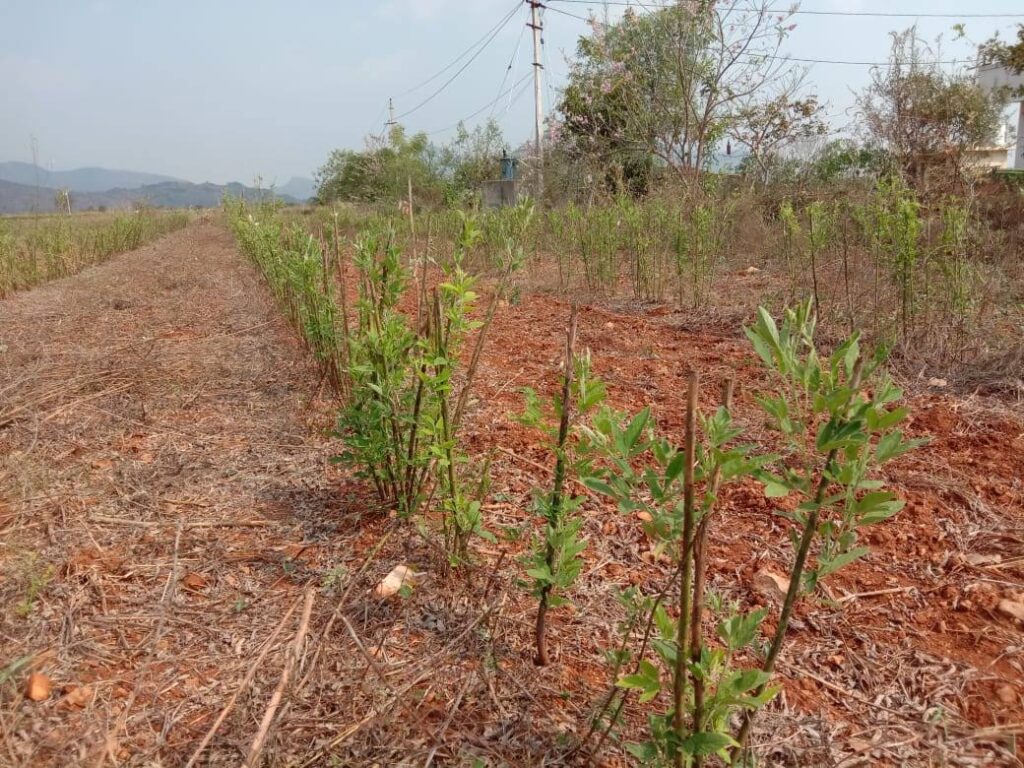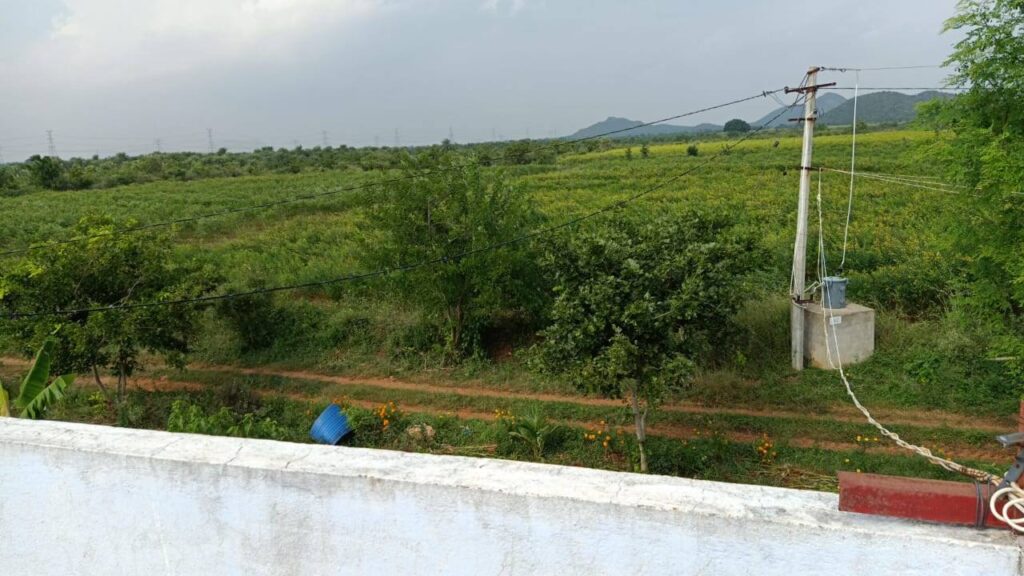From Classroom to Corrugated: Discover Sustainable Packaging Innovation Through Agritech Internships in Germany
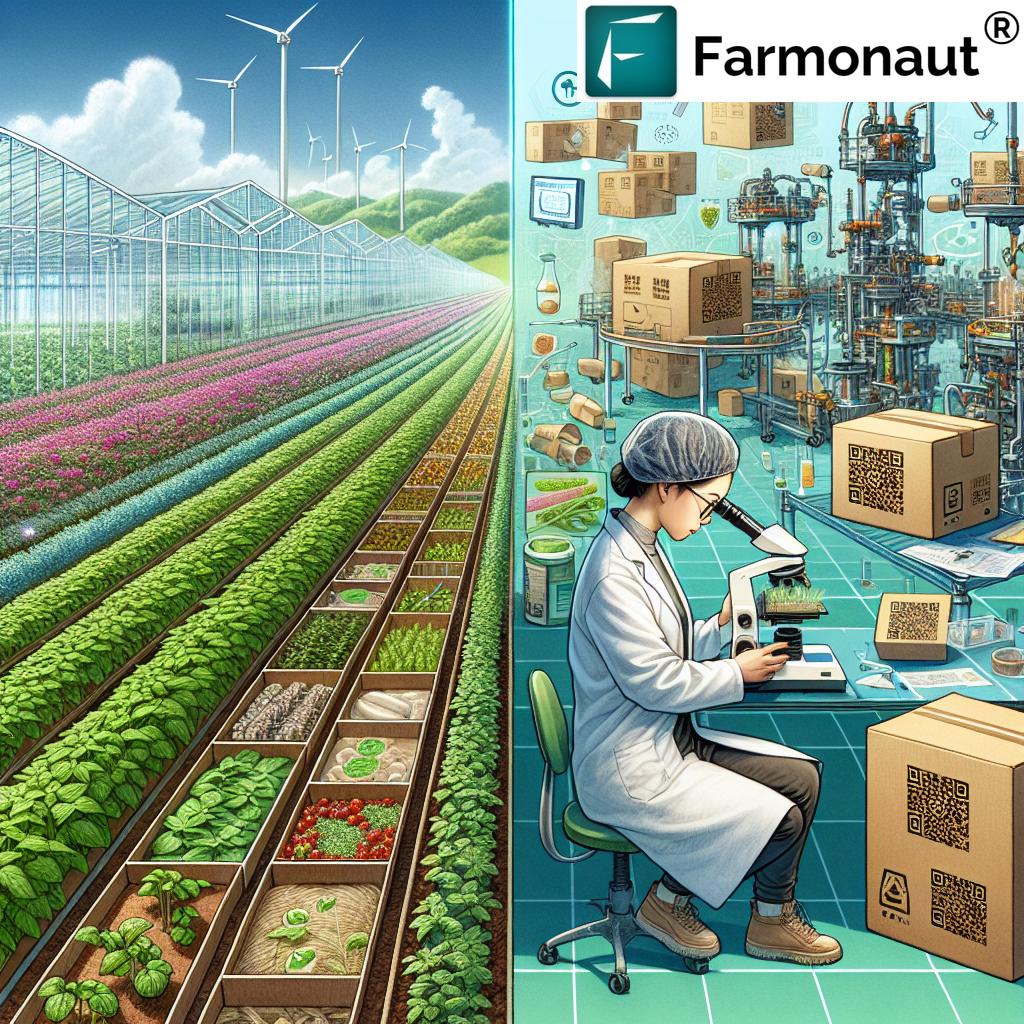
“90% of corrugated cardboard can be recycled, making it a key player in sustainable agritech packaging solutions.”
Welcome to our exciting journey into the world of sustainable packaging innovation and agritech internships in Germany! We’re thrilled to share insights from a materials science and engineering intern’s experience in the corrugated cardboard industry. This blog post will take you on a fascinating exploration of how sustainable packaging solutions are shaping the future of agritech, offering a unique perspective on the intersection of agricultural product development and eco-friendly packaging materials.
The Journey Begins: From Classroom to Corrugated
As we dive into this story, we’ll follow the footsteps of a bright-eyed intern who traded textbooks for corrugated cardboard samples. This journey represents a significant leap from theoretical knowledge to practical application in the fast-paced world of sustainable packaging and agribusiness innovation.
Our intern’s adventure began at Mondi, a global leader in packaging and paper solutions, where sustainability isn’t just a buzzword – it’s a core business principle. This internship opportunity opened doors to a world where materials science in agriculture meets cutting-edge packaging technology, promising a future where eco-friendly solutions and agricultural progress go hand in hand.
Sustainable Packaging: A Cornerstone of Modern Agritech
In today’s rapidly evolving agricultural landscape, sustainable packaging solutions play a crucial role. They’re not just about wrapping products; they’re about revolutionizing how we think about agricultural product development and distribution. Let’s explore why this matters:
- Environmental Impact: Sustainable packaging significantly reduces the carbon footprint of agricultural operations.
- Product Protection: Innovative materials ensure better preservation of agricultural products during transportation and storage.
- Consumer Appeal: Eco-friendly packaging aligns with growing consumer demand for sustainable products.
- Cost Efficiency: In the long run, sustainable solutions often prove more economical for businesses.
Our intern’s experience at Mondi provided a front-row seat to these developments, offering invaluable insights into how the industry is tackling these challenges head-on.
Hands-On Experience: Testing Materials and Understanding Processes
One of the most exciting aspects of the internship was the hands-on experience in testing materials. Our intern dove deep into the world of corrugated cardboard, exploring its properties, strengths, and potential applications in agritech. This practical experience included:
- Conducting rigorous strength tests on various cardboard compositions
- Analyzing the moisture resistance of different coatings
- Experimenting with biodegradable additives to enhance sustainability
- Studying the impact of different recycled content percentages on packaging performance
This hands-on approach provided a comprehensive understanding of sustainable paper production processes, crucial for developing packaging solutions that meet the unique needs of the agricultural sector.
The Circular Economy in Action
A key focus of the internship was understanding and contributing to the circular economy within the packaging industry. This concept is particularly relevant in agritech, where waste reduction and resource efficiency are paramount. Our intern learned about:
- Closed-loop recycling systems for paper and cardboard
- Innovative ways to repurpose agricultural waste in packaging production
- Designing packaging for easy disassembly and recycling
- Collaborations between packaging companies and agricultural businesses to create sustainable supply chains
This experience highlighted how the principles of the circular economy are being applied in real-world scenarios, driving innovation in both packaging and agricultural practices.
Agritech Internship Opportunities: A World of Possibilities
For students and young professionals interested in the intersection of agriculture and technology, Germany offers a wealth of agritech internship opportunities. These internships provide a unique chance to:
- Work with cutting-edge agricultural technologies
- Contribute to sustainable farming practices
- Collaborate with experts in fields ranging from robotics to plant science
- Gain practical experience in developing sustainable packaging solutions for agricultural products
Our intern’s experience at Mondi is just one example of the diverse paths available in this rapidly evolving field. Whether you’re interested in materials science, agricultural engineering, or sustainable business practices, there’s likely an internship that aligns with your passions and career goals.
Cultural Exchange and Professional Development
An internship in Germany offers more than just professional experience; it’s a journey of cultural discovery and personal growth. Our intern shared insights on:
- Navigating a multinational work environment
- Learning German business customs and etiquette
- Participating in team-building activities and company events
- Exploring Germany’s rich history and diverse culture during free time
This cultural immersion adds an invaluable dimension to the internship experience, fostering global perspectives and cross-cultural communication skills essential in today’s interconnected world.
Key Insights into Sustainable Supply Chain Management
One of the most valuable takeaways from the internship was a deep understanding of sustainable supply chain management in the context of agribusiness. Our intern learned about:
- Implementing traceability systems for agricultural products
- Optimizing logistics to reduce carbon emissions
- Collaborating with suppliers to ensure ethical and sustainable practices
- Utilizing data analytics to improve supply chain efficiency
These insights are crucial for anyone looking to make a significant impact in the agritech sector, where efficient and sustainable supply chains are key to success.
Innovative Projects and Collaborations
During the internship, our materials science enthusiast had the opportunity to contribute to several innovative projects, including:
- Developing a new type of moisture-resistant corrugated packaging for fresh produce
- Collaborating on a pilot project for compostable packaging materials
- Participating in research on smart packaging solutions for agricultural products
- Contributing to a sustainability report on packaging innovations in agribusiness
These projects not only provided hands-on experience but also offered insights into the future directions of sustainable packaging in agriculture.
The Role of Technology in Sustainable Packaging
Technology plays a crucial role in advancing sustainable packaging solutions for agriculture. Our intern witnessed firsthand how cutting-edge technologies are being integrated into packaging development:
- 3D printing for rapid prototyping of packaging designs
- AI and machine learning for optimizing packaging efficiency
- IoT sensors for monitoring product freshness and package integrity
- Blockchain for enhancing traceability in agricultural supply chains
This exposure to advanced technologies underscores the interdisciplinary nature of modern agritech and sustainable packaging innovation.
Sustainable Packaging Innovations in Agritech
| Innovation | Material | Environmental Impact | Agricultural Application |
|---|---|---|---|
| Biodegradable Corrugated Cardboard | Recycled paper, natural binders | 80% reduction in landfill waste | Fresh produce packaging, seedling trays |
| Recycled Plastic Alternatives | Recycled PET, bio-based plastics | 60% reduction in carbon footprint | Greenhouse covers, irrigation pipes |
| Compostable Film Wraps | Plant-based polymers | 100% biodegradable, zero microplastics | Silage wraps, crop protection |
| Smart Packaging with IoT Sensors | Biodegradable electronics, paper circuits | 30% reduction in food waste | Monitoring freshness of perishables |
Challenges and Learning Opportunities
While the internship was filled with exciting discoveries, it also presented its fair share of challenges. These challenges, however, proved to be valuable learning opportunities:
- Balancing cost-effectiveness with sustainability goals
- Adapting to rapidly changing regulations in packaging and agriculture
- Overcoming language barriers in a multinational team
- Navigating the complexities of large-scale industrial processes
Overcoming these challenges not only enhanced our intern’s problem-solving skills but also provided a realistic view of the industry’s complexities.
The Future of Sustainable Packaging in Agriculture
As we look towards the future, the internship experience at Mondi offers exciting glimpses into what’s next for sustainable packaging in agriculture:
- Increased use of bio-based materials derived from agricultural waste
- Integration of nanotechnology for enhanced packaging performance
- Development of “active” packaging that extends product shelf life
- Expansion of closed-loop recycling systems in agricultural communities
These innovations promise to revolutionize how we package, transport, and store agricultural products, contributing to a more sustainable and efficient food system.
Bridging Theory and Practice: Academic Insights
One of the most valuable aspects of the internship was the opportunity to apply theoretical knowledge to real-world challenges. Our intern reflected on how academic concepts came to life in the industrial setting:
- Polymer chemistry principles applied to developing new packaging materials
- Statistical analysis techniques used in quality control processes
- Environmental science theories informing sustainability strategies
- Project management methodologies applied to product development cycles
This bridge between academia and industry is crucial for developing well-rounded professionals ready to tackle the complex challenges in sustainable agriculture and packaging.
Networking and Career Development
The internship provided numerous opportunities for networking and career development, including:
- Attending industry conferences and trade shows
- Participating in internal workshops and training sessions
- Connecting with professionals across different departments and roles
- Gaining insights into various career paths within the sustainable packaging and agritech sectors
These experiences not only expanded our intern’s professional network but also provided valuable guidance for future career decisions.
The Role of Innovation in Driving Sustainability
Throughout the internship, it became clear that innovation is the driving force behind advancements in sustainable packaging for agriculture. Key areas of focus included:
- Developing new materials that balance performance with environmental impact
- Creating packaging designs that minimize waste and maximize efficiency
- Implementing cutting-edge technologies to improve production processes
- Collaborating across industries to find synergistic solutions
This emphasis on innovation underscores the dynamic nature of the field and the constant push towards more sustainable practices.
Sustainability Beyond Packaging: A Holistic Approach
The internship experience revealed that true sustainability in agritech goes beyond just packaging. It encompasses a holistic approach that considers:
- Energy efficiency in production facilities
- Water conservation in manufacturing processes
- Ethical sourcing of raw materials
- Employee well-being and community engagement
This comprehensive view of sustainability highlights the interconnected nature of environmental, social, and economic factors in the agritech industry.
Leveraging Technology for Sustainable Agriculture
While focusing on packaging innovations, our intern also gained insights into how technology is transforming agriculture more broadly. This includes:
- Precision farming techniques for optimizing resource use
- Drone technology for crop monitoring and management
- AI-driven predictive analytics for yield forecasting
- Blockchain for enhancing traceability in the food supply chain
Understanding these technological advancements provides context for how packaging innovations fit into the larger picture of sustainable agriculture.
“Germany offers over 500 agritech internships annually, fostering innovation in sustainable agricultural practices and packaging.”
The Impact of Regulatory Environment on Innovation
An important aspect of the internship was understanding how regulations shape innovation in sustainable packaging:
- Navigating EU directives on packaging waste and recycling
- Adapting to changing food safety regulations
- Staying ahead of environmental legislation
- Participating in industry initiatives for self-regulation and best practices
This regulatory knowledge is crucial for anyone looking to make a meaningful impact in the sustainable packaging and agritech sectors.
Collaboration: The Key to Sustainable Innovation
One of the most valuable lessons from the internship was the importance of collaboration in driving sustainable innovation. Our intern observed and participated in various collaborative efforts:
- Cross-functional teams working on new product development
- Partnerships with agricultural research institutions
- Engagement with local farmers to understand on-the-ground needs
- Participation in industry consortiums focused on sustainability
These collaborations highlight how diverse perspectives and expertise are essential for developing truly sustainable solutions in agritech and packaging.
The Role of Consumer Awareness in Driving Change
During the internship, it became clear that consumer awareness plays a crucial role in driving sustainability efforts:
- Understanding consumer preferences for eco-friendly packaging
- Developing clear and transparent communication about sustainability initiatives
- Educating consumers about proper recycling and disposal of packaging
- Responding to growing demand for information about product origins and supply chains
This consumer-driven aspect of sustainability underscores the importance of marketing and communication skills in addition to technical expertise.
Preparing for a Career in Sustainable Agritech
For those inspired by this internship experience and considering a career in sustainable agritech or packaging, here are some key takeaways:
- Develop a strong foundation in relevant sciences (materials science, environmental science, agricultural science)
- Gain practical experience through internships and research projects
- Stay informed about the latest technological advancements and industry trends
- Cultivate a global perspective and cross-cultural communication skills
- Develop problem-solving and critical thinking abilities to address complex sustainability challenges
With these skills and experiences, you’ll be well-positioned to make a significant impact in the exciting and rapidly evolving field of sustainable agritech.
Conclusion: A Sustainable Future Through Innovation and Collaboration
As we conclude our journey from classroom to corrugated, it’s clear that the future of sustainable packaging in agritech is bright and full of opportunities. The internship experience at Mondi has shown us how innovation, collaboration, and a commitment to sustainability can drive meaningful change in the industry.
Whether you’re a student considering your career options, a professional looking to make a shift into sustainable industries, or simply someone interested in the future of agriculture and packaging, we hope this blog post has provided valuable insights and inspiration.
The intersection of sustainable packaging solutions and agricultural product development is not just about creating eco-friendly containers; it’s about reimagining our entire approach to food production, distribution, and consumption. It’s about creating a more sustainable, efficient, and responsible global food system.
As we move forward, let’s remember that each of us has a role to play in this transformation. Whether through our career choices, consumer decisions, or advocacy efforts, we can all contribute to a more sustainable future for agriculture and beyond.
FAQs
- Q: What are the key skills needed for a career in sustainable packaging for agritech?
A: Key skills include materials science knowledge, understanding of agricultural processes, sustainability expertise, innovation mindset, and strong problem-solving abilities. - Q: How can students prepare for agritech internships in Germany?
A: Students should focus on relevant coursework, learn basic German, research companies in the field, and gain some practical experience through projects or part-time work. - Q: What are the biggest challenges in developing sustainable packaging for agriculture?
A: Major challenges include balancing cost with sustainability, meeting diverse product protection needs, complying with regulations, and changing consumer behaviors. - Q: How is technology changing the landscape of sustainable packaging in agriculture?
A: Technology is enabling smarter, more efficient packaging through innovations like IoT sensors, biodegradable materials, and AI-optimized designs. - Q: What opportunities exist for collaboration between packaging companies and agricultural businesses?
A: Opportunities include joint research on bio-based materials, developing tailored packaging solutions for specific crops, and creating closed-loop recycling systems.
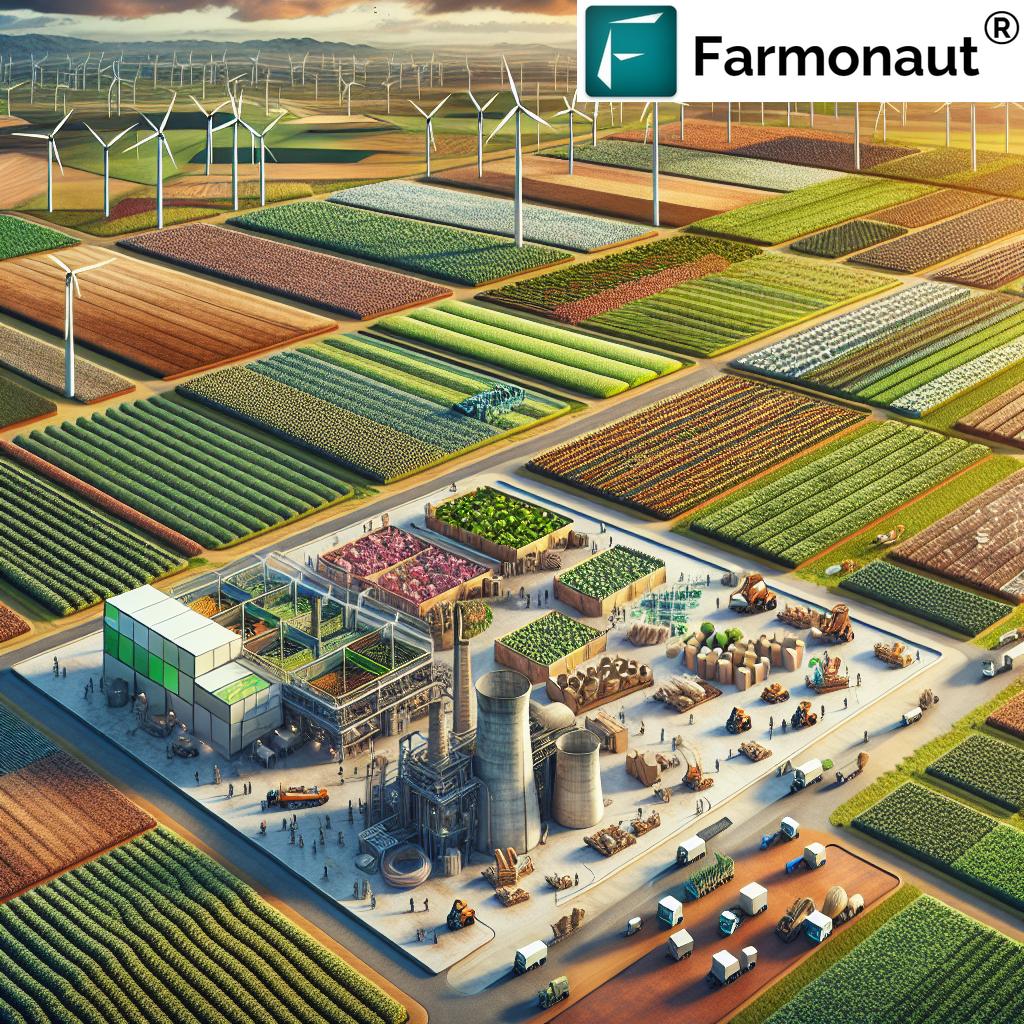
Ready to explore more about innovative agricultural technologies? Check out Farmonaut’s solutions:
For developers interested in integrating agricultural data into their applications:
Explore Farmonaut Subscriptions





